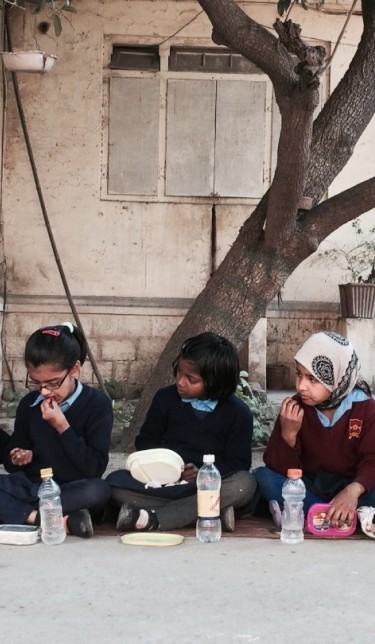
CIFF is an independent philanthropic organisation, working with a range of partners seeking to transform the lives of children and adolescents. Our programmes are designed to support bold ideas to solve seemingly intractable problems.
As the world’s largest Philanthropy that focuses specifically on improving children’s lives, we support bold ideas for children to survive and thrive, today and in the future.
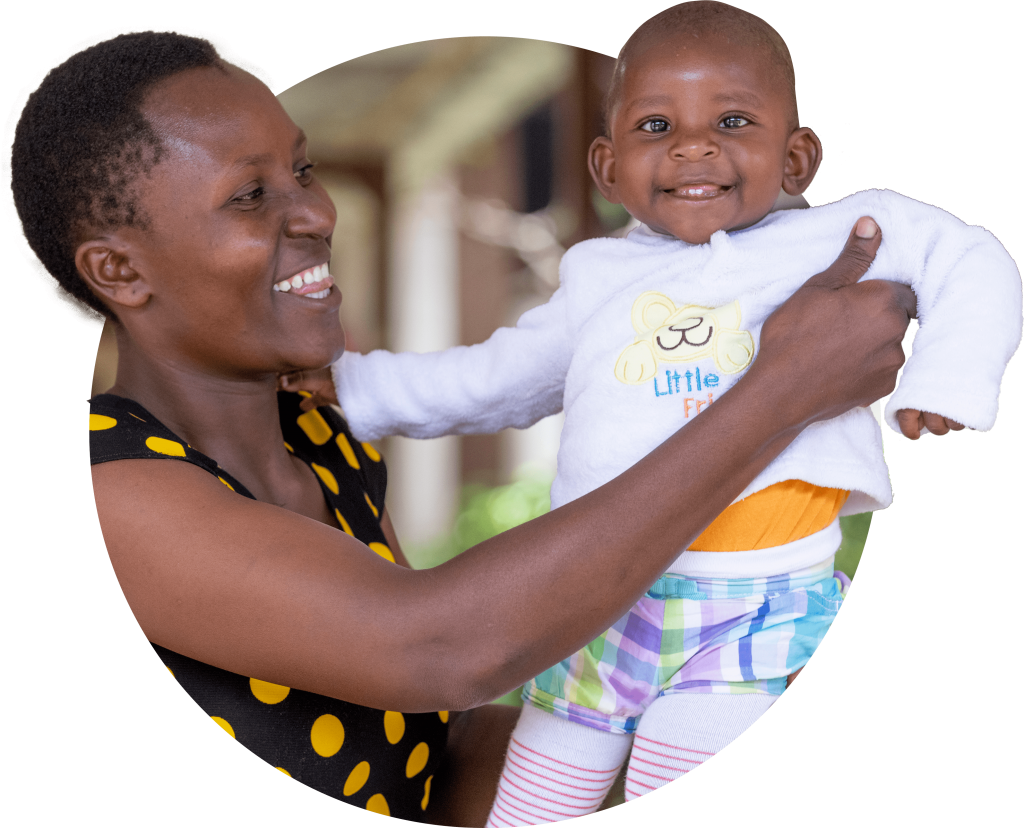
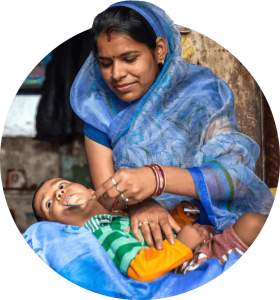

As a private philanthropy focused on systemic change, we want to be in the vanguard of ambitious action for children. We can take on tough problems that others cannot, and we can invest for the long term. Our portfolio is regularly rebalanced away from interventions that seek to optimise the status quo, towards investments with transformative potential.
By addressing the causes of problems, we are more likely to solve them for good. We therefore seek integrated solutions that follow children along the life course.
We strive to be nimble and take risks where the potential pay-off is big. We are not afraid to ‘fail fast’, learn and try something new.
Development aid will never be enough to deliver the Sustainable Development Goals. We believe the citizens and leaders of low and middle-income countries are best placed to shape their own futures.
We are committed to reducing our carbon footprint in line with best practice guidelines and regulation. As part of our grant-making activities, we provide philanthropic support to the Voluntary Carbon Markets Integrity Initiative (VCMI) which provides authoritative guidance to companies and other organisations on how to address their climate impact. We similarly provide philanthropic support to the Integrity Council for Voluntary Carbon Markets (ICVCM) which provides authoritative guidance on the quality of carbon credits. As an organisation, we commit to:
1. Independently measure our emissions
2. Take action to reduce our carbon footprint
3. Purchase carbon credits as a contribution to a global net zero goal (in purchasing these credits, we do not make any "carbon neutral" claim or similar that might imply a net reduction in our carbon footprint)


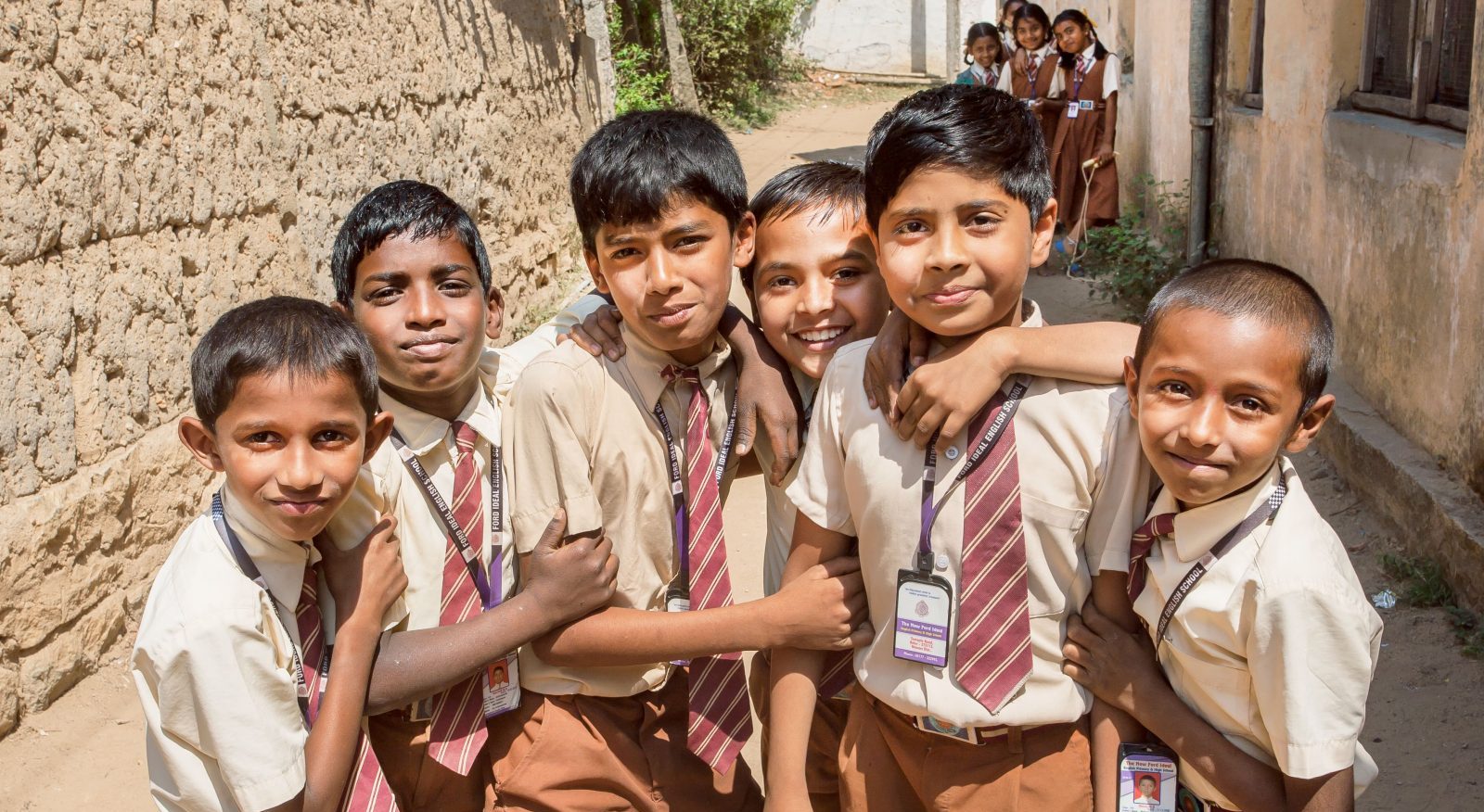
As one of the world’s big philanthropies, we have the responsibility to build a thriving ecosystem of partners consistent with our localisation strategy. We pro-actively seek out and invest in emerging and established leadership, in line with our strategic and geographic priorities. We also invest in our talented staff by encouraging employees to be change agents and thought leaders in their own right.
At CIFF, we have embarked on a mission to comprehensively embed diversity, equity and inclusion (DEI), including gender and racial equity, in our work and operations.
As part of our commercial DNA, we will always be clear about how we intend to manage performance and we expect our partners to do the same. We always seek to clarify and align incentives (political, financial and intrinsic) to increase the probability of success.
Our approach to evidence is evolving to match our entrepreneurial spirit. We are committed to using and generating, but we are also always looking to increase our emphasis on monitoring and operational research in order to generate actionable information faster.
We believe that supporting young people’s leadership, rights and perspectives must be at the core of the design, delivery and evaluation of any investment that seeks to meet youth needs in any setting. Our five principles for youth engagement are:
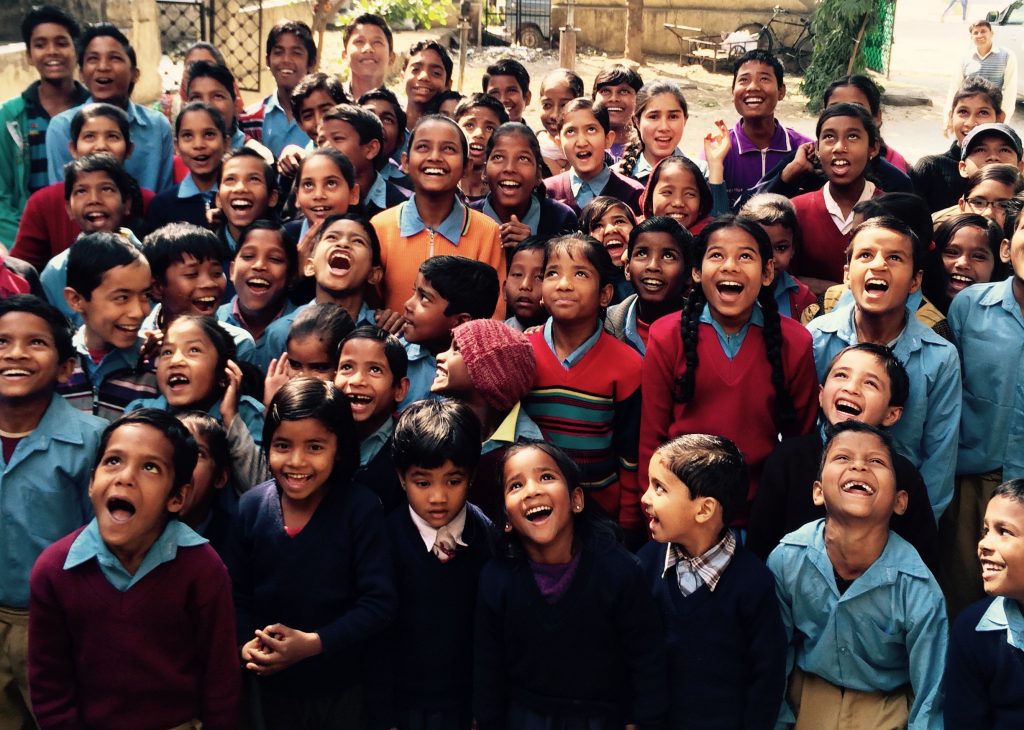

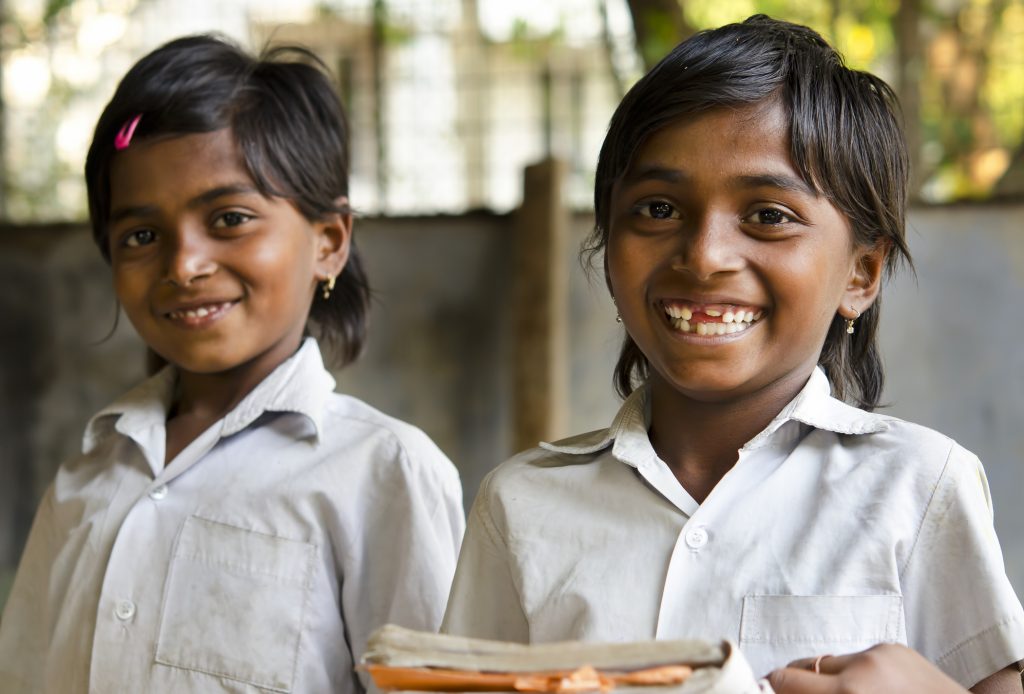

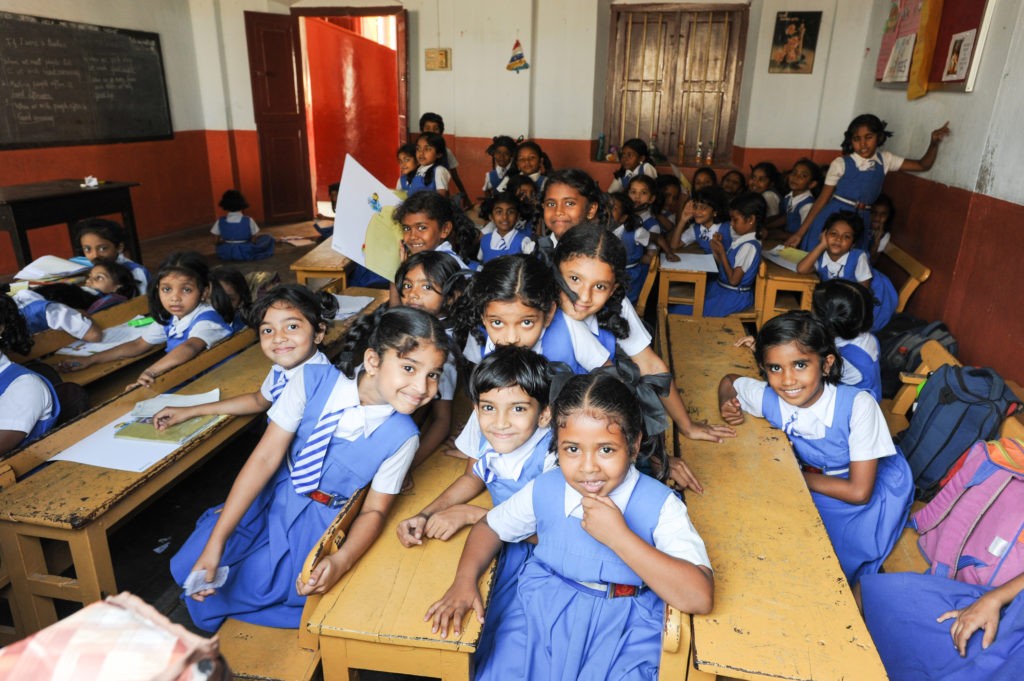
Young people will be respected, valued and supported to contribute to decision-making processes within the foundation, with opportunities for partnership with adults and support for the development of their capacities to participate meaningfully.
We will consider supporting youth-led work, in investments that allow for meaningful youth engagement, with sufficient and timely resources to:
The foundation will provide for the professional development of young members of staff, through affording diverse opportunities for advancement within the organisation and facilitating access to training opportunities.
We commit to adopting and implementing meaningful youth engagement principles and practices across the Foundation.
We will engage in continual learning and review to improve our commitment to meaningful youth engagement.
‘Young people’, ‘youth’ and ‘young members’ used interchangeably to denote the age-range (10 – 30 years) encompassing adolescents (10-19 years) and youth policy definitions of youth in CIFF’s focus countries (ranging from 15-30 years).